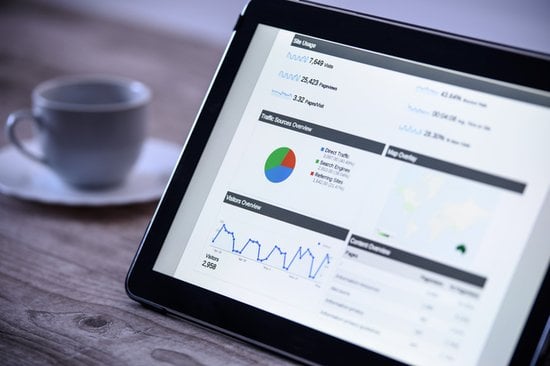"Big data" is a term that has been bandied around for a while now. But what does it mean and how can it help you achieve competitive advantage?
What is big data?
Big data really isn’t as scary as you might believe. The phrase is used to describe a large collection of data across multiple sources that can be combined and analysed to give a 360-degree view of a business’s day-to-day activities. In other words, it gives you the big picture.
This then allows for analysis, forecasting and the identification of patterns. The difference with big data is that instead of basing decisions on theory and assumptions, you are able to use figures, evidence and analytics to back it up.
Why use big data?
In business terms, big data analytics could be the difference between sinking and swimming. Accenture identified the benefits of embedding big data analytics into business operations as:
- The ability to measure improvements in supply chain efficiency
- Faster and more effective reaction times to supply chain issues
- Improved traceability
Whilst 97% of supply chain executives understand the benefits that big data can bring to their business, only 17% have implemented analytics in a minimum of one of their supply chain functions.
 View larger
View larger How can big data achieve competitive advantage?
Using big data could help to gain a financial advantage over competitors. For some retailers, utilising big data could result in a potential increase of their operating margins by 60%.
Any business operating in a competitive market aims to outperform the opposition. If data is analysed on a larger scale, opportunities to increase margins can be identified and maximised upon. To gain competitive advantage, businesses need to do more than just collect data. It’s what you do with the data you gather that really matters.
Cost reduction
The more data you have, the easier it is to identify ways to make business operations more efficient. By analysing data on energy usage, suppliers, time-to-market etc. businesses are able to really pinpoint where to make the most effective cost-savings.
Time saving
More data means decisions can be made quickly and confidently. Time to market could also be improved.
Product development
Using trends on data and consumer behaviour makes it easier to not only identify these behaviours but also to actively forecast the future habits.
Identification of new markets
Data can be used to better understand market conditions. This can potentially lead to uncovering new revenue streams. This focuses business goals and objectives.
Understanding your online footprint
Analytics are key in understanding how your business is being received online by your target market. From this, efforts can be targeted on campaigns and activities that produce the most ROI.
Improved supply chain transparency and risk mitigation
By analysing historical data, risk mapping and scenario planning, businesses can assess the likelihood of issues and their potential impact, allowing them to implement effective early warning systems and mitigate risk.
Whatever you do it seems that big data could be a valuable resource for your business to actively incorporate and review. Especially if the outcome gives you the potential to save time, save money and increase efficiencies.


